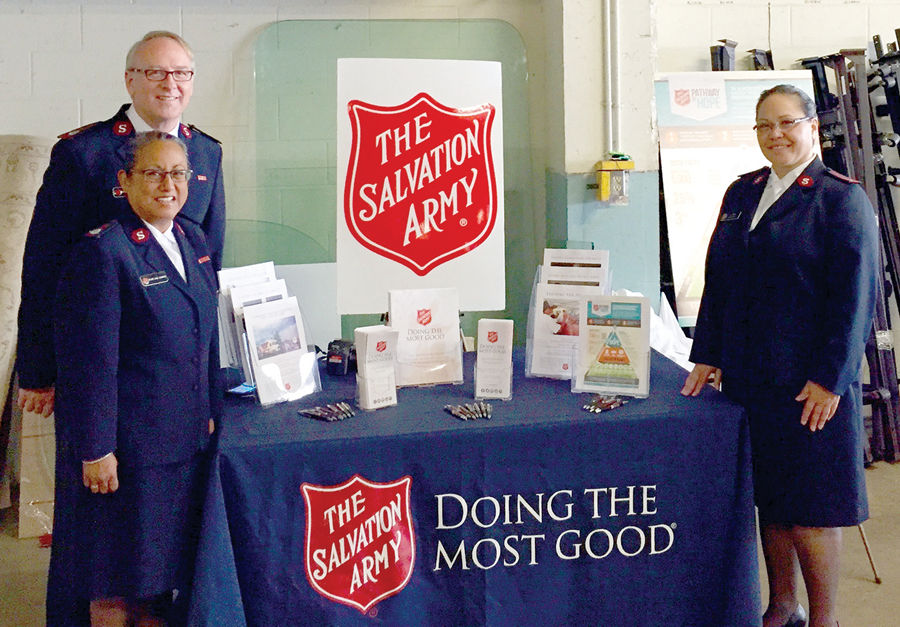The Salvation Army – Hawaiian & Pacific Islands Division announced the launch of “Pathway of Hope,” a statewide initiative designed to break the cycle of intergenerational poverty, homelessness and drug addiction for individuals and families. “We aim to bring lasting
The Salvation Army – Hawaiian & Pacific Islands Division announced the launch of “Pathway of Hope,” a statewide initiative designed to break the cycle of intergenerational poverty, homelessness and drug addiction for individuals and families.
“We aim to bring lasting changes to participant’s lives by focusing on three pillars of change: jobs; housing; and a new community of support and accountability,” said Maj. John Chamness, divisional leader of The Salvation Army Hawaiian & Pacific Islands Division. “Research indicates that an addicted or homeless person’s ability to make lasting changes in their lives is greatly enhanced by providing services that focus on removing barriers for these three pillars.”
A team of case managers will guide clients through a process of change that will focus on possibilities rather than problems.
They will assist clients with identifying and finding solutions to the barriers that get in their way, such as lack of job experience; bad employment history; legal issues; lack of housing; and find support and accountability as they move forward through the process.
Pathway of Hope is designed to partner with and work alongside clients, not to do the work for them, Chamness said.
“The goal is to help the individual get to a place of independence and sufficiency for a lifetime,” he said.
Pathway of Hope is initially being offered to existing clients who are selected as they transition from The Salvation Army’s addiction programs on Oahu, including Family Treatment Services, Addiction Treatment Services and Adult Rehabilitation Center.
Several case managers have already been hired and a small number of clients are now participating in Pathway of Hope. The goal is to have 50 families and individuals participating in the initiative within the first year.
Chamness said Salvation Army will need help from business owners to provide jobs, from property managers, landlords and developers to provide housing, and support from communities, businesses and individuals throughout Hawaii.
The goal is to raise $1 million each year to operate the program.
“Our staff and Board of Advisers have been working on this program for two years and donors have stepped up and invested $200,000 to get the program to this initial stage,” he said. “Ideally, we will need another $300,000 to operate it for the remainder of 2015.”


